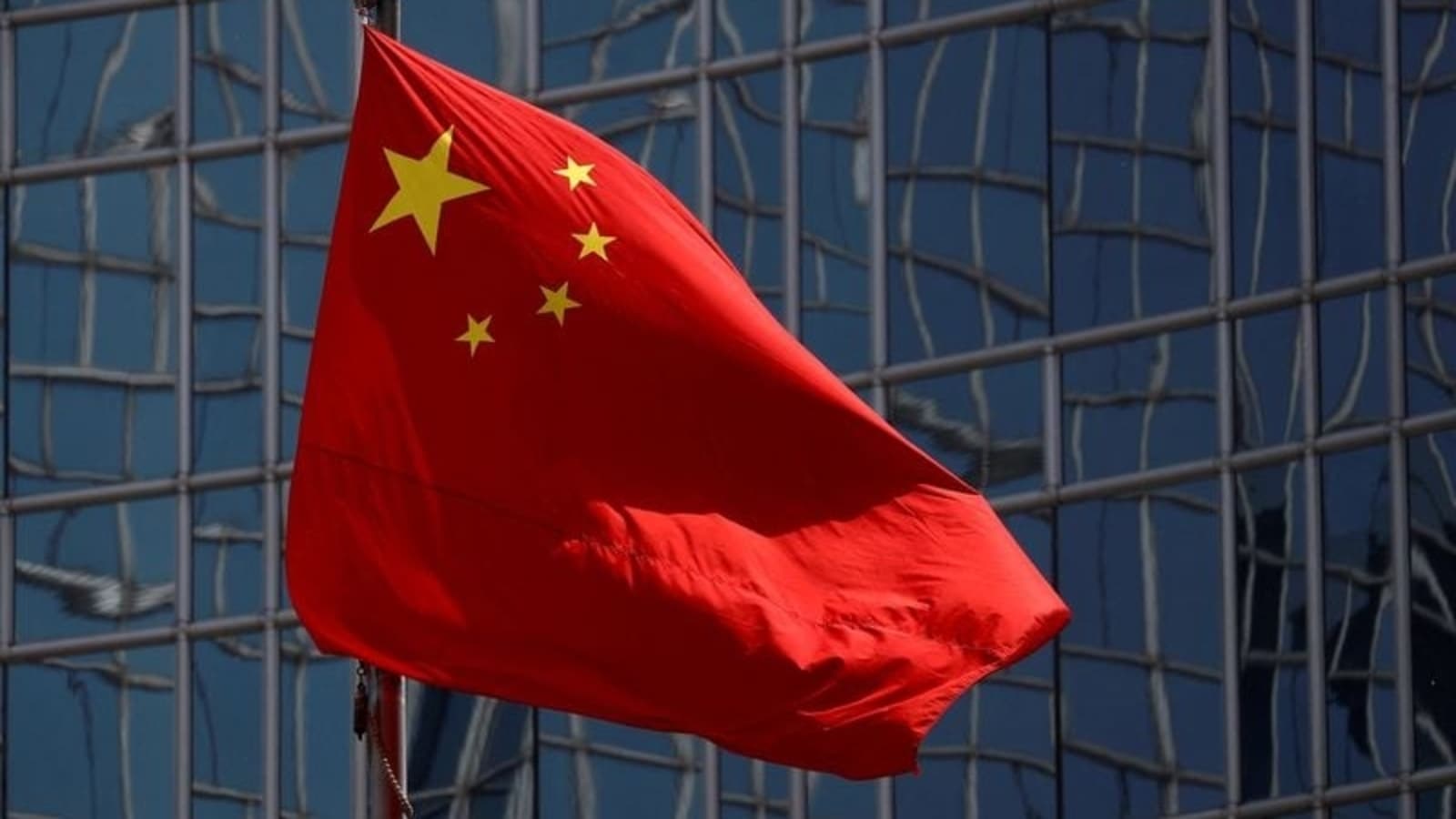World
What China means when it says “peace”

A SWIFT end to the Ukraine war on Russian terms would fill many governments with a sense of loss. In much of western Europe and beyond, a deal that rewarded Russia for its aggression—exchanging a ceasefire for vast swathes of Ukrainian territory, for instance, or a pledge that Ukraine will never join NATO or any other Western alliance—would feel like appeasement, not peacemaking. A pillar of the post-second-world-war order, involving a refusal to see borders redrawn by force, would have fallen.
China disagrees. For Communist Party bosses in Beijing, a quick Russia-friendly end to the fighting in Ukraine would be grounds for celebration. Most simply, it would humiliate the Biden administration and every power that backs Ukraine, while vindicating China’s confidence that Western unity cannot last. More important it would offer a glimpse of a future world order which, according to Chinese officials and scholars, already enjoys the support of most governments, notably in the developing world.
In effect, China’s coldly realist version of international relations sees no meaningful distinction between appeasement and peacemaking. In such a world, conflict is avoided by balancing and respecting the interests of large and powerful countries, while lesser nations do what they must to accommodate them. This order has no patience with hand-wringing talk about values or freedom, or about individual rights and wrongs. What counts is preserving stability, order and economic opportunity for the many.
Increasingly, China is proud to promote this ultra-pragmatic global order. Officials in Beijing appear unembarrassed that Western governments have charged Chinese companies with propping up Vladimir Putin’s war machine with vast flows of microelectronics, drone parts and other components vital for making Russian arms and ammunition. Since America went public with intelligence about Chinese sales of dual-use items to Russia’s defence industry, “we have not seen any diminution” of the trade, says Nicholas Burns, America’s ambassador in Beijing. Instead, Chinese officials blandly say that China has too many companies to track all they sell. Chinese diplomats continue to blame the conflict on NATO enlargement into eastern and central Europe, which they say pushed Mr Putin into a corner. In private, they have told Western counterparts that China favours an early peace in Ukraine but has few hopes of one, and is not greatly fussed about where Ukraine’s borders end up.
China’s public messaging is equally unabashed. “China has been actively promoting peace talks in its own way,” the country’s president and party chief, Xi Jinping, assured one of his (and Mr Putin’s) closest allies in Europe, the Hungarian prime minister, Viktor Orban, on July 8th. A political agreement and early end to the war in Ukraine is “in the interests of all parties”, but will require major powers to play a “positive” not a “negative” role, Mr Xi told Mr Orban, whose brief visit to Beijing followed stops in Kyiv and Moscow. Helpfully, the Hungarian leader spelled out the meaning of Mr Xi’s veiled rebuke of America’s role as a supplier of arms and aid to Ukraine. “China has a peace plan. America runs a war policy,” said Mr Orban.
China is standing by a Russian leader seen in Beijing as a valued (if unpredictable) partner in a larger struggle with the American-led West. But this age of spiralling conflicts also offers China a chance to portray itself as a peacemaker—even if its version of peace involves cutting deals with aggressors, bullies and despots.
In June Mr Xi hosted a celebration in Beijing of a live-and-let-live diplomatic doctrine, the Five Principles of Peaceful Co-Existence. The young People’s Republic of China endorsed the principles 70 years ago to soothe Asian neighbours alarmed by China’s new revolutionary rulers. Seven decades later China’s behaviour, starting with its bullying of maritime neighbours and land-grabs in the South China Sea, tramples the first of those principles, which pledges respect for the sovereignty and territorial integrity of others. Still, Chinese leaders praise the five principles as a system for resolving conflicts through the non-judgmental pursuit of shared interests. They say this approach is welcomed by developing countries sick of Western politicians delivering colonial-style lectures about democracy and human rights. At the anniversary gathering Mr Xi hailed China’s “distinctive approach to resolving hotspot issues” and its “constructive role” from Ukraine to the Middle East and the Korean peninsula. He chided countries that try to achieve “absolute security and exclusive security”: a coded attack on American-led defence alliances in Europe and Asia.
Talk of equality, swagger like a great power
Chinese officials and scholars elaborated on Mr Xi’s pitch at the World Peace Forum, a geopolitics talkfest held each summer at Tsinghua University in Beijing. China’s vice-president, Han Zheng, praised his country’s “practical” proposals for a more just and equal multipolar world order. Speakers accused America of double standards over Ukraine and Gaza. They compared Europe’s confrontation with Russia over Ukraine, unfavourably, with the consensus-based approach of ASEAN. That South-East Asian organisation and its ten member countries rarely confront China over its bullying of maritime neighbours, preferring to accommodate the region’s hegemon and dominant trade partner. Strikingly, invited Asian speakers made no mention of Chinese coastguard ships currently harassing Philippine troops and sailors guarding a disputed reef near the Philippines. Nor was mention made of America’s decades-long role as a security guarantor in the Pacific and as a hedge against Chinese aggression. Instead, the “ASEAN way” was called the key to regional peace and prosperity. The praise was revealing. If all multilateral organisations were like ASEAN, China would have the world order it wants.
Subscribers can sign up to Drum Tower, our new weekly newsletter, to understand what the world makes of China—and what China makes of the world.
© 2023, The Economist Newspaper Limited. All rights reserved. From The Economist, published under licence. The original content can be found on www.economist.com









